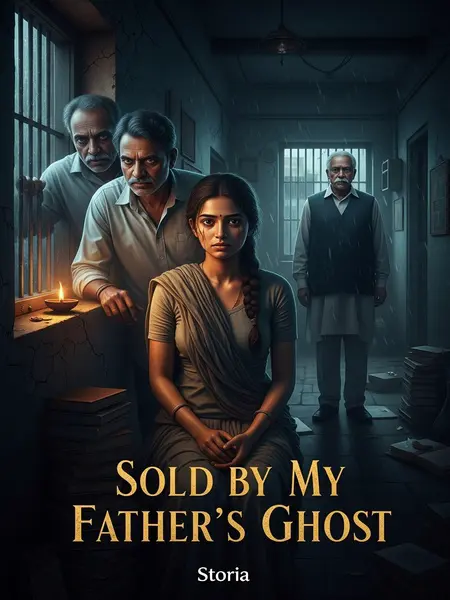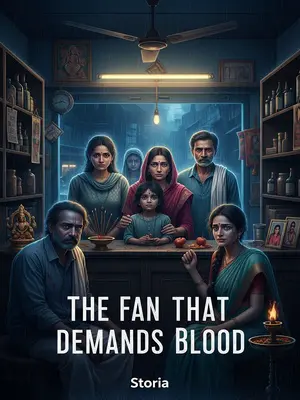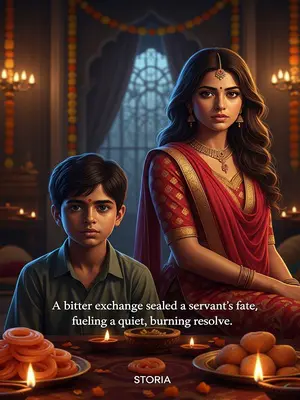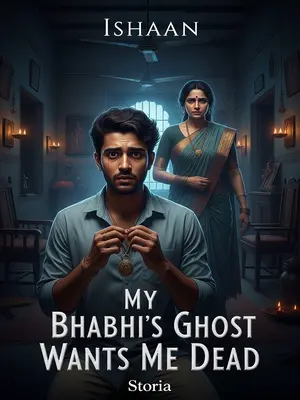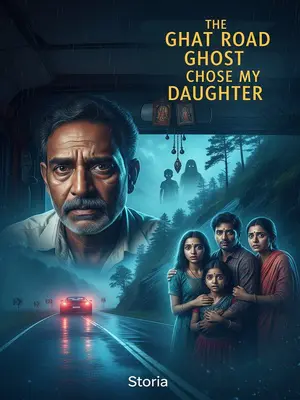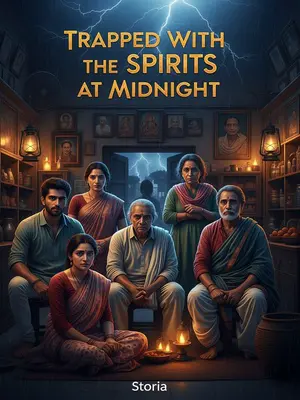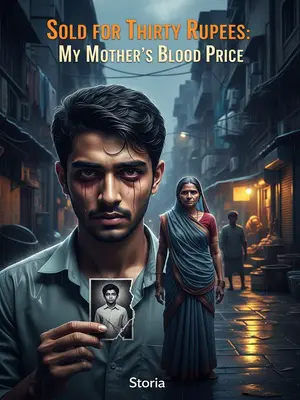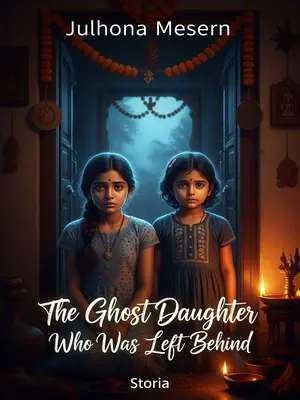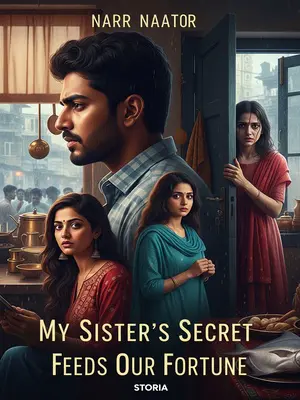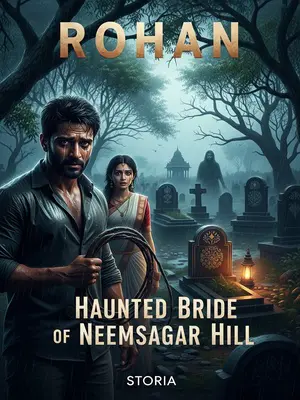Chapter 1: The Return
Just after arranging Father’s remains, he suddenly sat up straight.
My hand froze mid-motion, a single petal from the marigold garland trembling between my fingers. The incense stick slipped from my grasp, its ash spilling onto the floor. It felt as if time had stopped; the faint click of the ceiling fan was the only sound, slicing through the thick, suspended silence.
Looking around with wide eyes, he waved his hands and exclaimed, “Arrey, yeh kya hua? Kaun si janam ki lottery lag gayi kya?”
His gaze darted around the dim room, settling first on Ma’s faded photograph by the wall, then the pile of old newspapers near his feet. As his voice echoed, a chill crept up my spine and I remembered Ma’s warning: 'Never talk to those who come back after going.' For a moment, I was sure the neighbours would hear and barge in, drawn by the drama.
I quietly stepped back…
My back pressed against the cracked wall, heart pounding so loudly I was sure even the stray dogs outside could hear. The smell of burnt camphor mixed with half-cooked dal from the kitchen, clinging to the humid air. The weight of Ma’s old dupatta on my shoulder felt heavier, as if her spirit was hovering, watchful and protective.
At first, the wandering spirit just lazed about, unable to do any work.
He sprawled on the charpai, scratching his chest, staring blankly at the ceiling fan with a faraway look. The charpai gave a metallic twang as he shifted. The radio in the corner crackled out a half-lost ghazal, static blending with the sticky heat and the scent of old incense. He’d mutter to people only he could see. Somehow, our little house felt emptier with his restlessness.
I thought: [Fine, then let’s just starve together.]
As I swept the veranda, counting aloud the last handful of rice grains left in the tin—“Ek, do, teen, bas itna hi”—I steeled myself. Hunger is hunger, whether for the living or the dead. I clutched Ma’s silver anklet for courage.
Later, he strutted around, scamming food and eating for free.
He’d vanish for hours, return smacking his lips, wiping his mouth with the back of his hand. Once, he brought home a leftover poori and a cone of boondi, boasting it was ‘prasad’ from the temple. I knew he’d probably crashed a wedding feast, eating shamelessly while others looked on.
I thought: [A good thrashing would fix him.]
But how could I? My hands shook at the thought of raising a stick. Besides, what use scolding a spirit who just laughs at hunger?
Never did I imagine I’d end up hoping my father would turn miracle-worker.
How strange is fate, I thought, watching him stretch and yawn under the neem tree. The afternoon sun painted golden flecks on his skin. A part of me, hardened by grief and poverty, began to wish that maybe this ghost in my father’s body could bring us some luck—maybe even a little peace.
